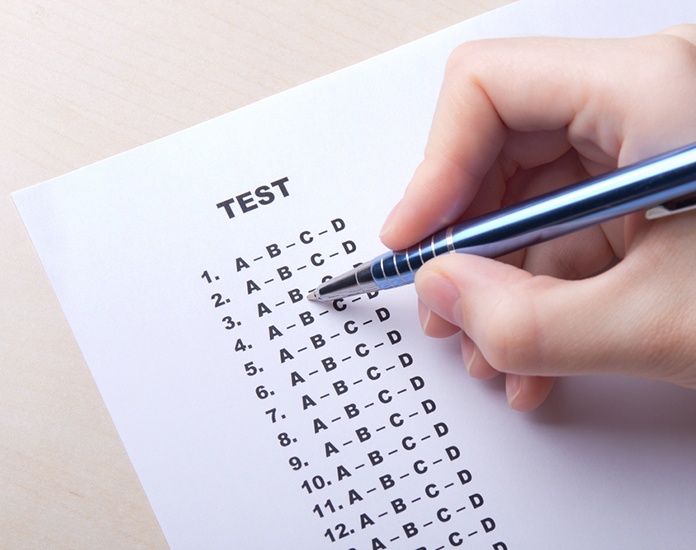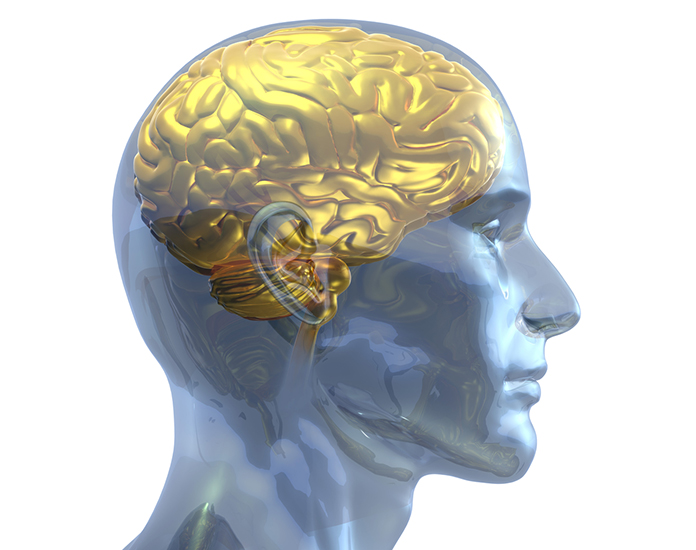MCC offers comprehensive psychological and neuropsychological evaluations for adults, children, adolescents and their families. Evaluations are conducted for diagnostic purposes, to assist in treatment recommendations and pre-dispositional and post-dispositional planning. Evaluations are performed by bilingual, bi-cultural clinicians.
Out-Patient Services
Psychologicals
Specialized diagnostic procedures which are useful to assess intellectual, academic, emotional and personality functioning.
Neuropsychologicals
Specialized diagnostic procedures useful to assess brain-related functions, such as memory, attention, information processing, language and perceptual/visual/spatial functions. This is useful in the assessment of devlopmental disorders, acquired traumatic brain-injuries and other organic disorders. This test includes all the aspects that are included in a psychological evalution, plus specialized testing to measure brain functions.
Mental Health Evaluations
The purpose of the Mental Health Assessment is to assess the overall psychosocial functioning of the Client. This assessment relies on information gathered by the referring agency, prior records, Client’s family (if child), and a clinical interview of the Client. The goal is preliminary identification of symptoms that are of a clinical concern. Recommendations are generated for treatment services which may include: Psychotherapy services (Individual, Family, or Group), specialized outpatient counseling, and/or further psychological/psychiatric consultations. Length of assessment is two to four hours.
Parent-Child Assessments
This evaluation assesses the quality of the caregiver/child interactions. This interaction is evaluated based on various parameters that characterize parent/child relationship and can be useful to provide treatment information for case management and disposition.
Evaluations Available For
- Attachment Issues
- Autistic Disorder
- Developmental Issues
- Oppositional Defiance Issues
- Traumatic Brain Injury
- Learning Disabilities
- Mood Disorders
- Conduct Issues
- Post-Traumatic Stress
- Intelectual Disabilities
- Attention Deficit - Hyperactivity Disorder









